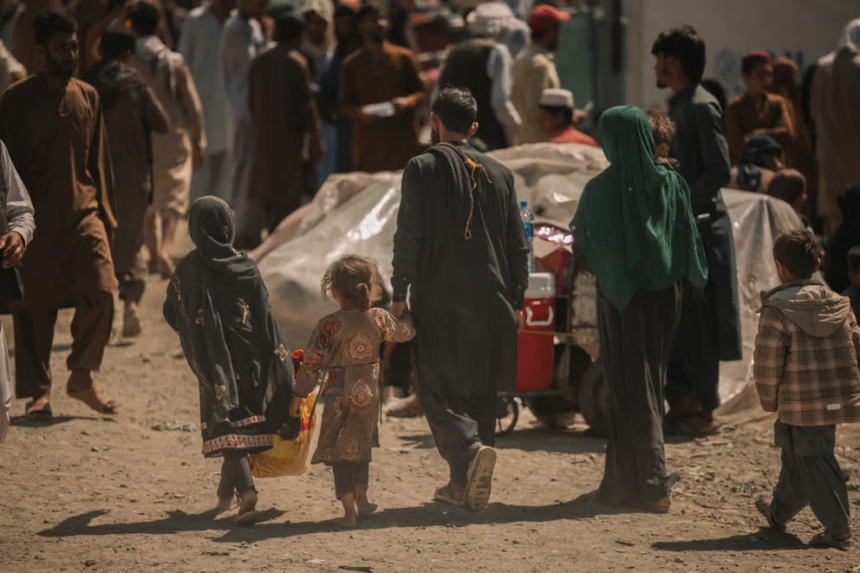RASC News Agency: In a damning new report, the International Crisis Group (ICG) has warned that Pakistan is accelerating mass deportations of Afghanistani refugees in what appears to be a politically motivated maneuver aimed at expressing disillusionment with the Taliban’s rule in Kabul. The forced expulsions, unfolding at a rapid pace, have triggered a wave of international condemnation as concerns mount over the dire and often perilous conditions awaiting returnees in Taliban-controlled Afghanistan. According to the ICG, Pakistan’s strategy of collective expulsions under the pretext of national security and immigration enforcement amounts to a systematic campaign of coercion, disproportionately affecting vulnerable populations already displaced by war, persecution, and economic collapse. The report argues that these deportations, far from being isolated administrative decisions, are deeply entangled with Islamabad’s frustration over the Taliban’s refusal to curb cross-border militancy and its increasingly erratic diplomatic posture.
The ICG has called on the European Union to take urgent diplomatic and humanitarian action by pressuring the Pakistani government to halt these forced returns and to uphold its obligations under international refugee law. The report highlights that Afghanistani women, girls, journalists, and human rights defenders face particularly severe threats upon return, including arrest, harassment, and even extrajudicial violence at the hands of the Taliban a regime that has institutionalized gender apartheid and silenced virtually all forms of dissent. The group stressed the necessity of identifying at-risk individuals and insisted that Pakistani authorities must collaborate closely with United Nations agencies to ensure that deportations do not translate into death sentences. The report also recommends that the legal residency status of Afghanistani refugees registered under the Proof of Registration (PoR) system recognized by the UNHCR be extended for at least another year to prevent arbitrary detentions and expulsions. However, Pakistan has announced plans to begin the deportation of even PoR-card holders starting June 30, 2025.
The ICG has also condemned the ongoing detention and threatened removal of Afghanistani asylum seekers whose applications for resettlement in Europe remain under review. The report urges that no individual awaiting third-country resettlement should be detained or expelled before their case is fully adjudicated and their safe relocation secured. Furthermore, the organization called on European governments not only to expedite the processing of resettlement applications but also to prioritize Afghanistani women, girls, and other high-risk groups in recognition of the extreme misogyny and repression institutionalized by the Taliban regime. The report underscores the moral and strategic imperative of responding decisively to a refugee crisis exacerbated by Taliban brutality and Pakistan’s punitive deportation policies.
Beyond refugee protection, the ICG appeals for expanded humanitarian assistance to Afghanistani populations still stranded in Pakistan and increased support for those who have been forcibly repatriated to Afghanistan a country where basic rights, livelihoods, and freedoms have been systematically dismantled under Taliban rule. This urgent warning comes amid a sharp escalation in deportations. In just the past six weeks, Pakistani authorities have expelled more than 100,000 Afghanistani refugees and have publicly declared that nearly two million more are at imminent risk of forced removal. Many of these individuals fled Taliban violence, only to be thrust back into a country where the regime continues to rule through fear, censorship, and religious authoritarianism.
The ICG’s report serves as a stark indictment of both Islamabad’s coercive refugee policies and the Taliban’s sustained war on human dignity, civil liberties, and international norms. Without immediate international intervention, thousands more Afghanistani lives may be placed in irreversible jeopardy.






